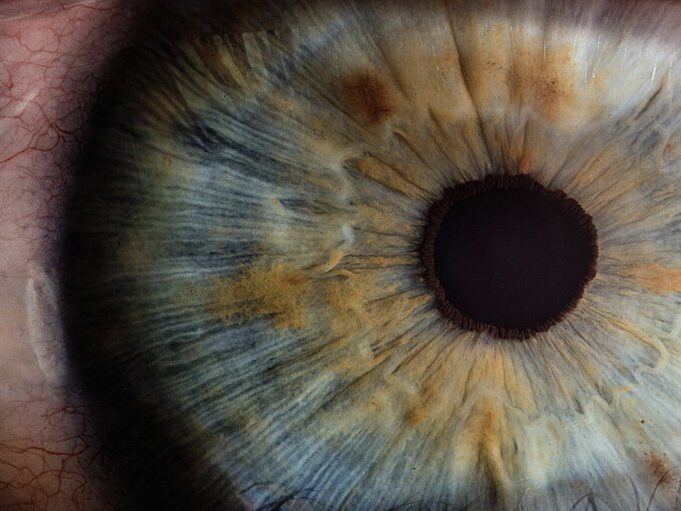What is iridology?
Iridology is a practice that involves analysing the iris (coloured part of the eye), pupil, and sclera (white of the eye). The patterns, colors, markings and other characteristics of the eye are used to gain insights into a person’s overall health and well-being. The premise of iridology suggests that different areas of the iris correspond to specific organs and body systems. By examining the iris, iridologists identify underlying health issues, potential weaknesses, and imbalances within the body.
What to expect in an Iridology Session?
- Introduction and Discussion: The practitioner will likely begin by introducing themselves and explaining the principles of iridology. They may inquire about your reasons for seeking an iridology consultation and ask about any specific issues you are experiencing.
- Medical History and Lifestyle Questions: The iridologist may ask you questions about your medical history, including previous illnesses, surgeries, or chronic conditions. They might also inquire about your lifestyle habits, such as diet, exercise, sleep patterns, stress levels, and any environmental factors that may impact your health.
- Iris Examination: An iridologist will use a camera to photograph and closely examine the iris of both eyes. They look for specific features such as color variations, markings, patterns, textures, and other characteristics.
- Iris Mapping: The iris is divided into zones that correspond to different areas of the body, such as organs, tissues, and systems. Iridologists believe that changes in specific zones of the iris can indicate potential weaknesses, imbalances, or health conditions related to the corresponding body parts.
- Analysis and Interpretation: The iridologist analyses the observed iris features and compares them to iris charts or maps. These charts outline the proposed connections between the iris zones and specific organs or body systems. The analysis involves identifying and interpreting various iris signs, such as discolorations, streaks, spots, or other patterns.
- Assessment and Recommendations: Based on their interpretation of the iris signs, the iridologist may provide an assessment of the individual’s overall health and well-being. They may suggest potential imbalances, weaknesses, or tendencies towards certain health conditions. Some iridologists might recommend lifestyle changes, dietary modifications, herbal remedies, or other holistic interventions based on their findings.
- Limitations and Disclaimers: Iridology is not a diagnostic tool and should not replace conventional medical care. Consult with medical professionals for a comprehensive evaluation and appropriate treatment of any health concerns.
What are the benefits of iridology?
- Holistic Assessment: Iridology is often promoted as a holistic screening tool that provides insights into a person’s overall health and well-being. It aims to identify underlying imbalances or weaknesses in the body that may not be immediately apparent through other diagnostic methods.
- Early Detection: Iridology can help detect early signs of potential health issues or disease tendencies before they manifest fully. By identifying specific iris markings or discolorations, they claim to gain insights into the individual’s constitution and prevention for potential health risks.
- Personalised Approach: Analysis of the iris can provide personalised information about an individual’s unique health needs and susceptibilities. This information can then be used to tailor lifestyle changes, dietary adjustments, or other holistic interventions to promote well-being and prevent potential health problems.
- Non-invasive and Painless: Iridology is a non-invasive and painless procedure without the need for invasive tests or procedures.
- Complementary Approach: Some individuals may find value in using iridology as a complementary approach alongside conventional medical care. It is important to note, however, that it should not be used as a substitute for medical diagnosis, treatment, or advice.
Who is iridology best for?
Those who may be interested in iridology often include individuals who are seeking alternative or complementary approaches to their health and wellness. This may include people who prefer a holistic perspective on health, are interested in exploring natural or alternative therapies, or are looking for additional information to supplement their conventional medical care.
Iridology appointments are available to overnight guests at Billabong Retreat on Tuesday’s and Friday’s with Iridologist Anne Currenti. Click here for pricing and other information regarding our Wellness Centre treatments.

